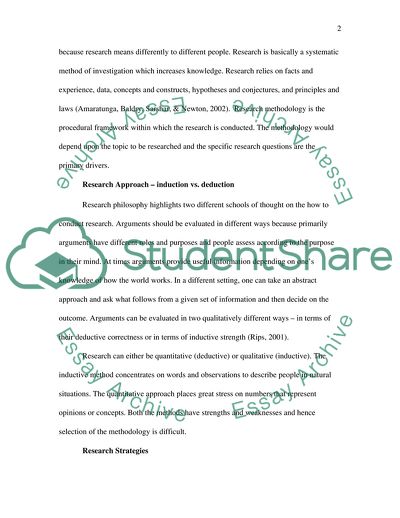Cite this document
(Teaching and Learning Strategies for Schools Research Paper, n.d.)
Teaching and Learning Strategies for Schools Research Paper. Retrieved from https://studentshare.org/education/1708605-methodolog-for-dissertation
Teaching and Learning Strategies for Schools Research Paper. Retrieved from https://studentshare.org/education/1708605-methodolog-for-dissertation
(Teaching and Learning Strategies for Schools Research Paper)
Teaching and Learning Strategies for Schools Research Paper. https://studentshare.org/education/1708605-methodolog-for-dissertation.
Teaching and Learning Strategies for Schools Research Paper. https://studentshare.org/education/1708605-methodolog-for-dissertation.
“Teaching and Learning Strategies for Schools Research Paper”. https://studentshare.org/education/1708605-methodolog-for-dissertation.


